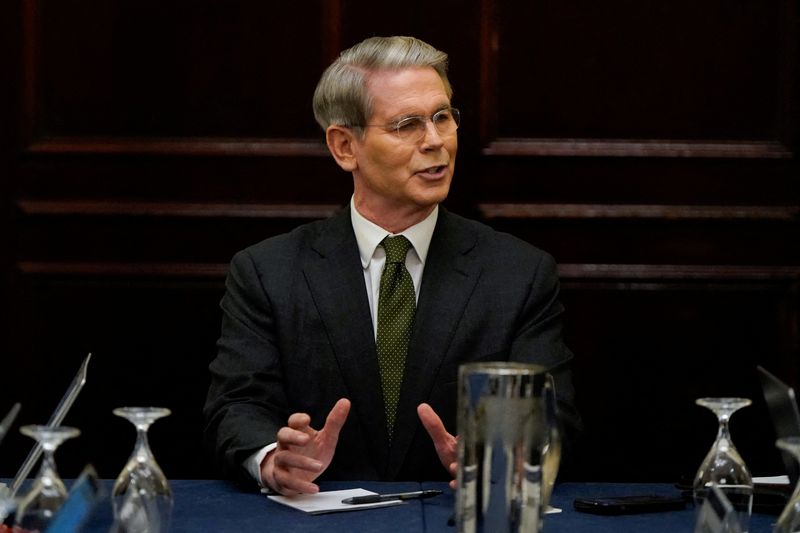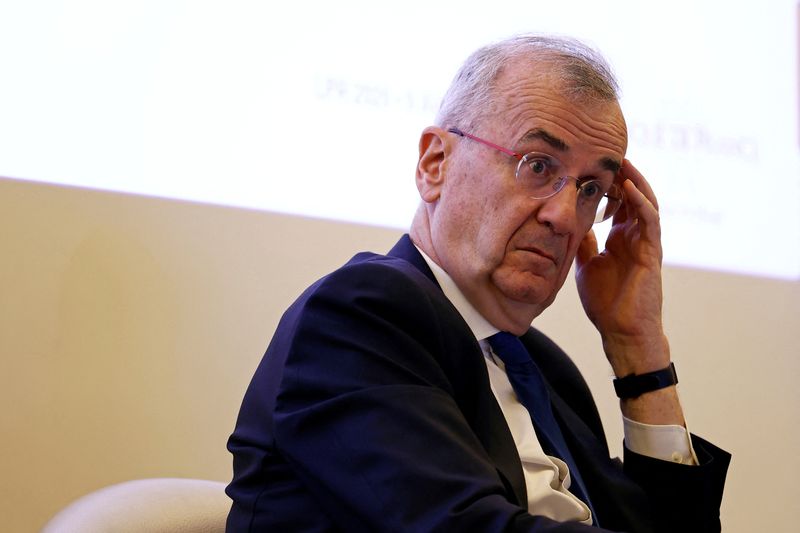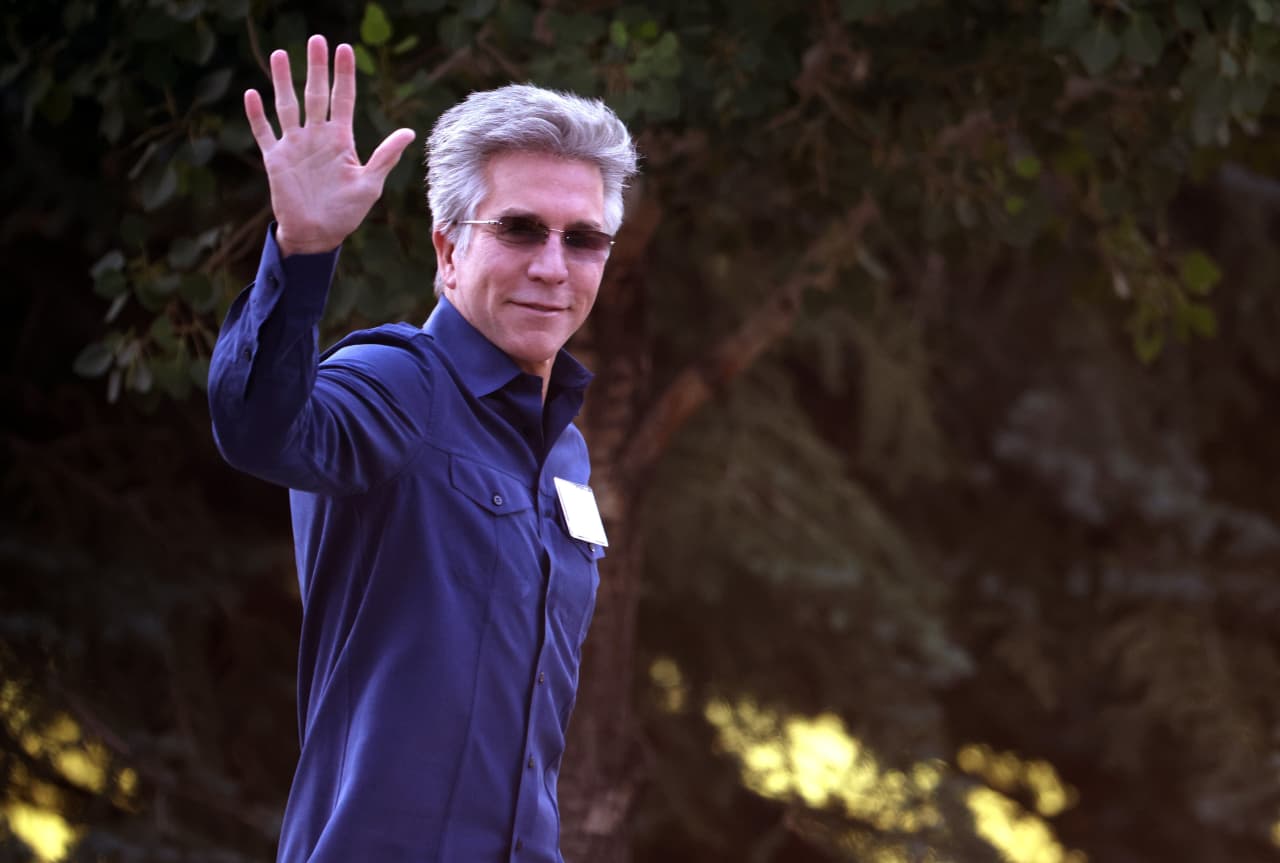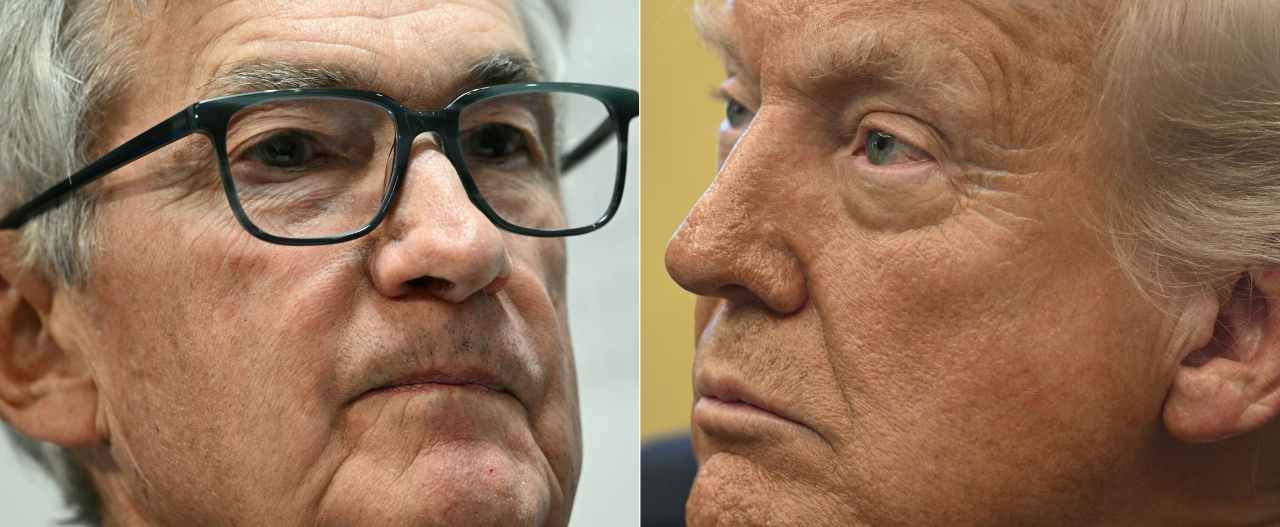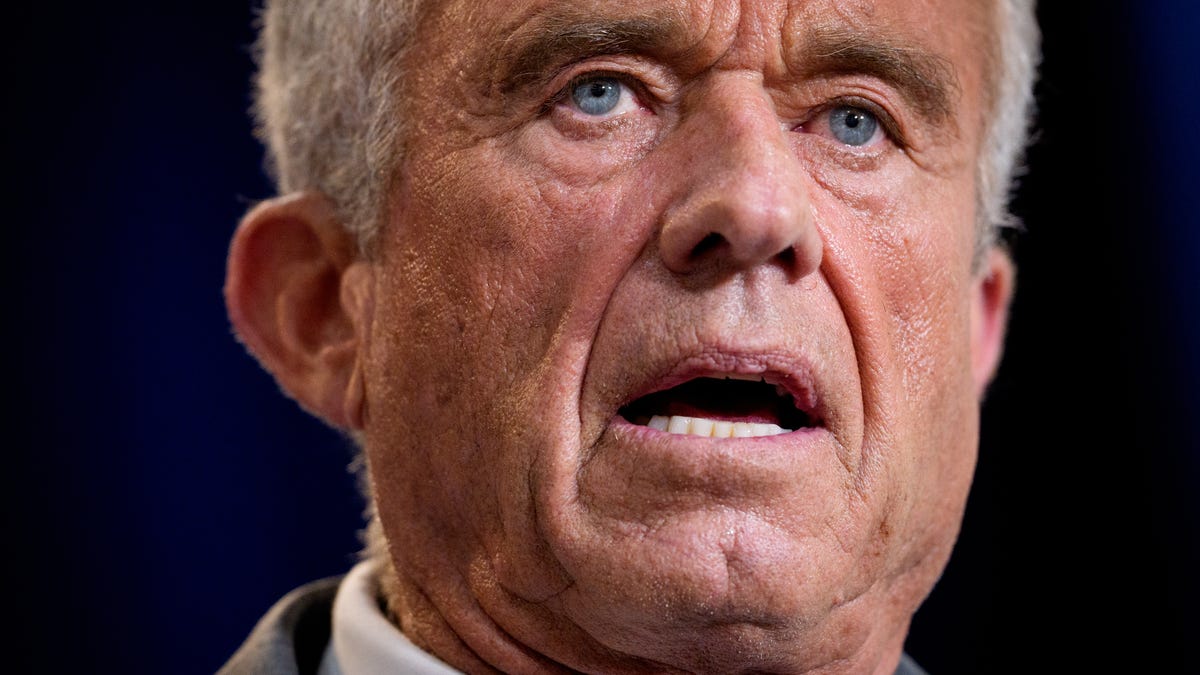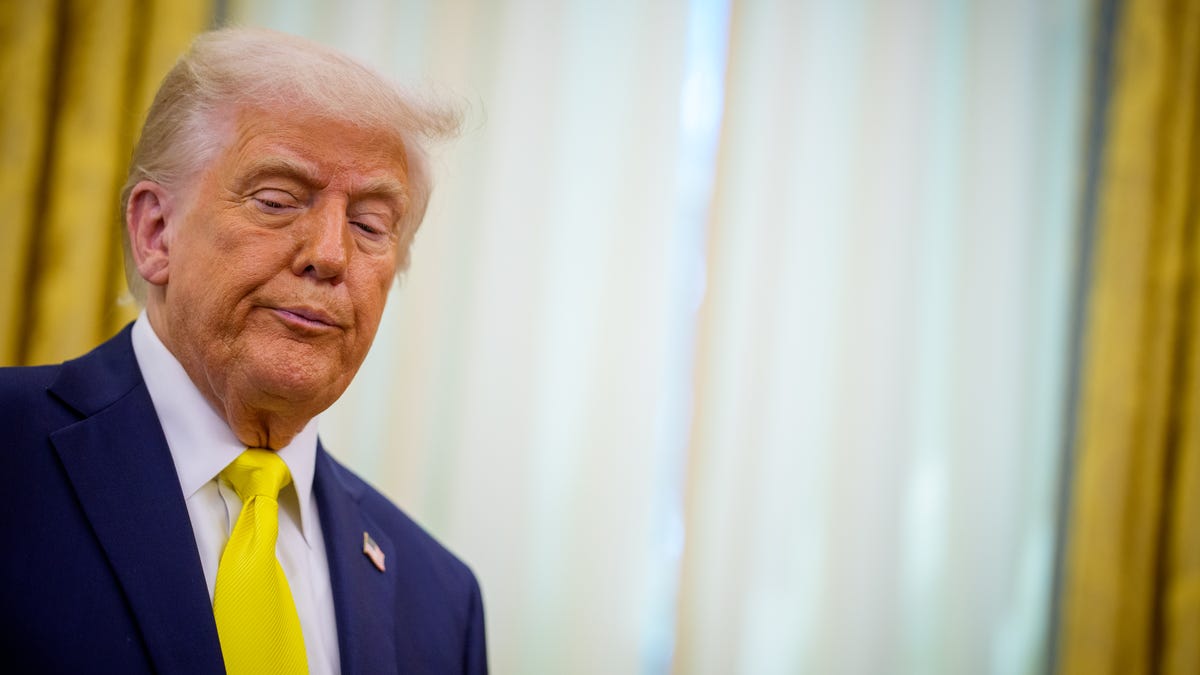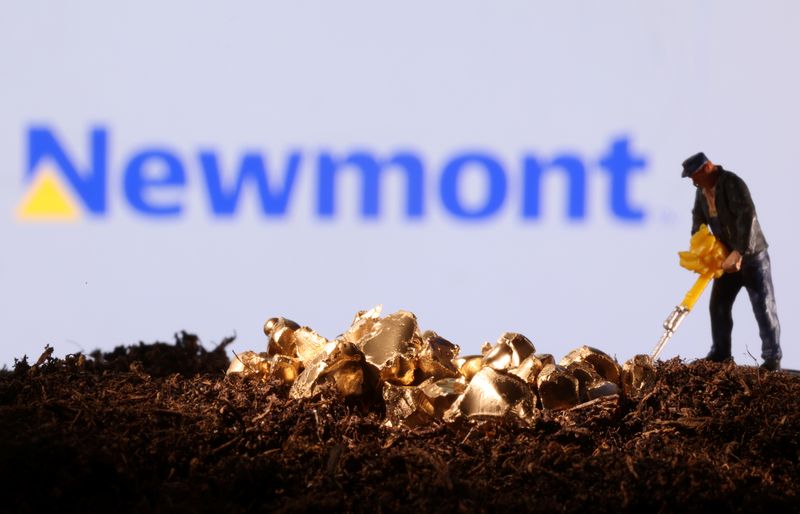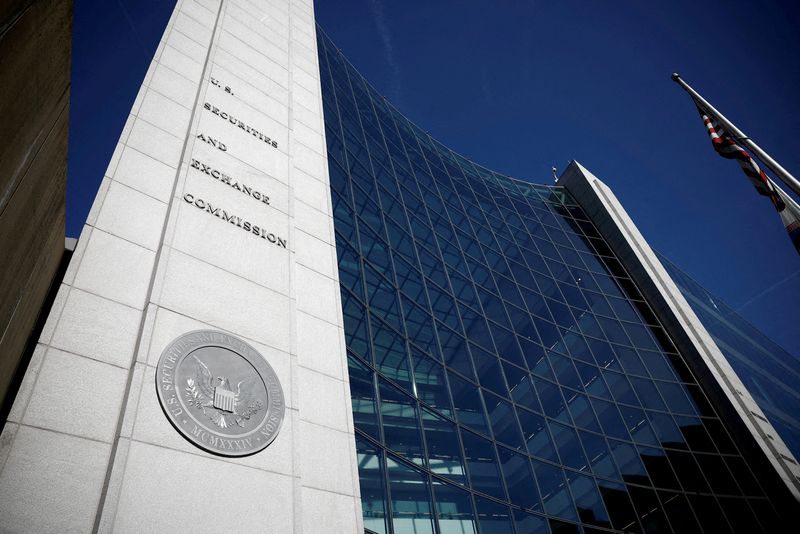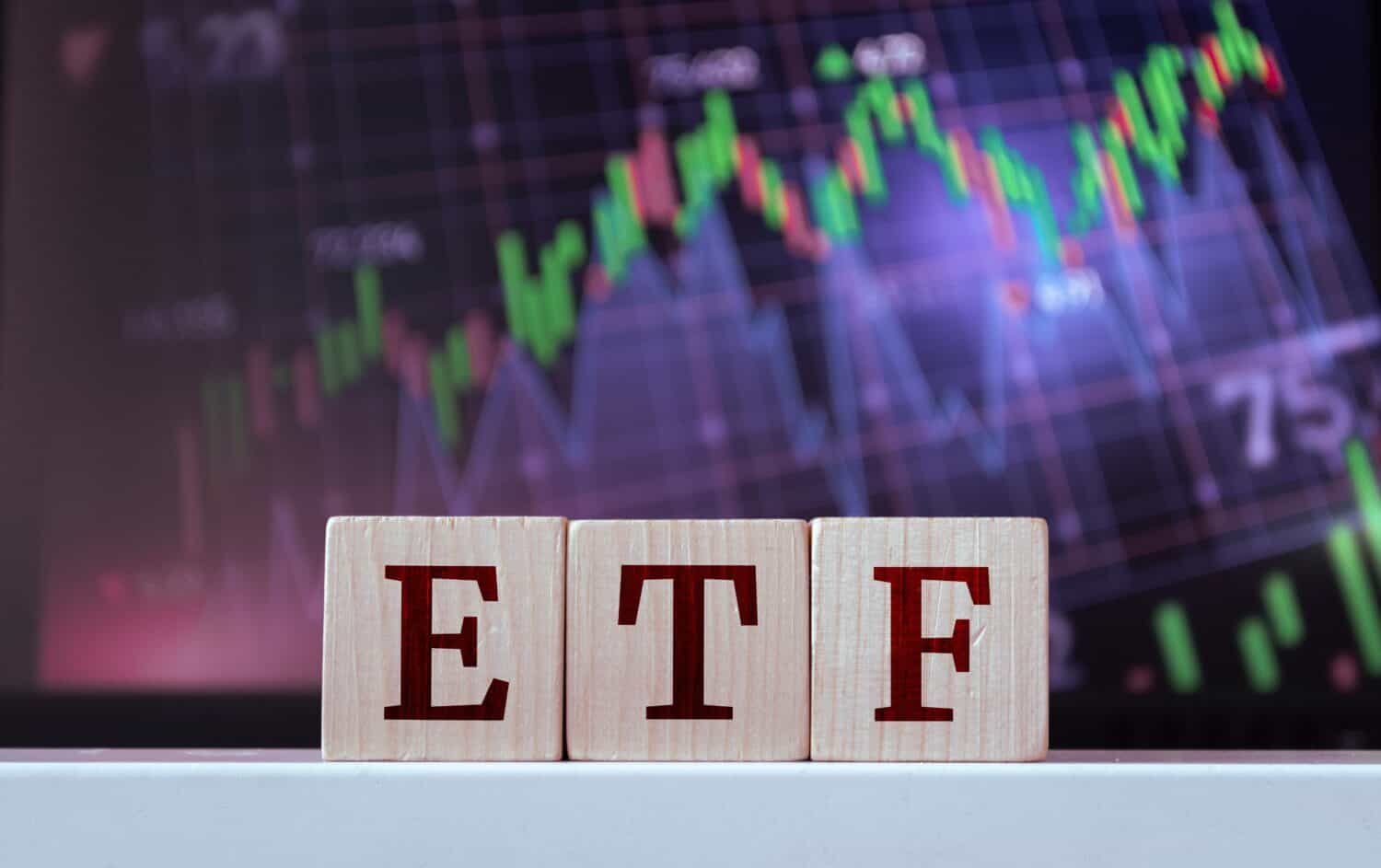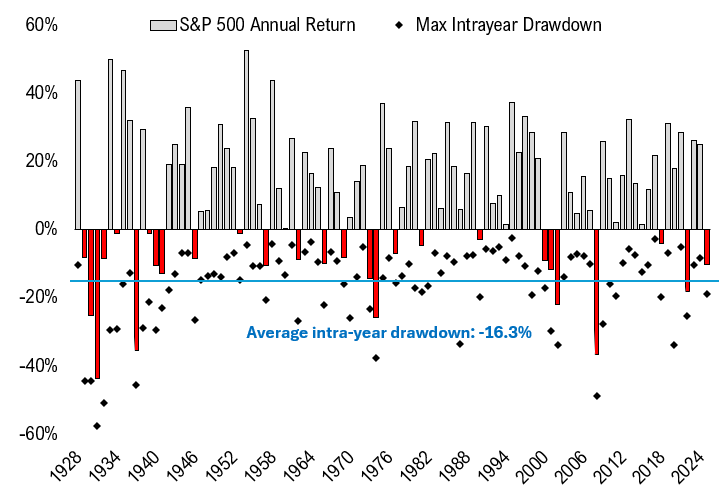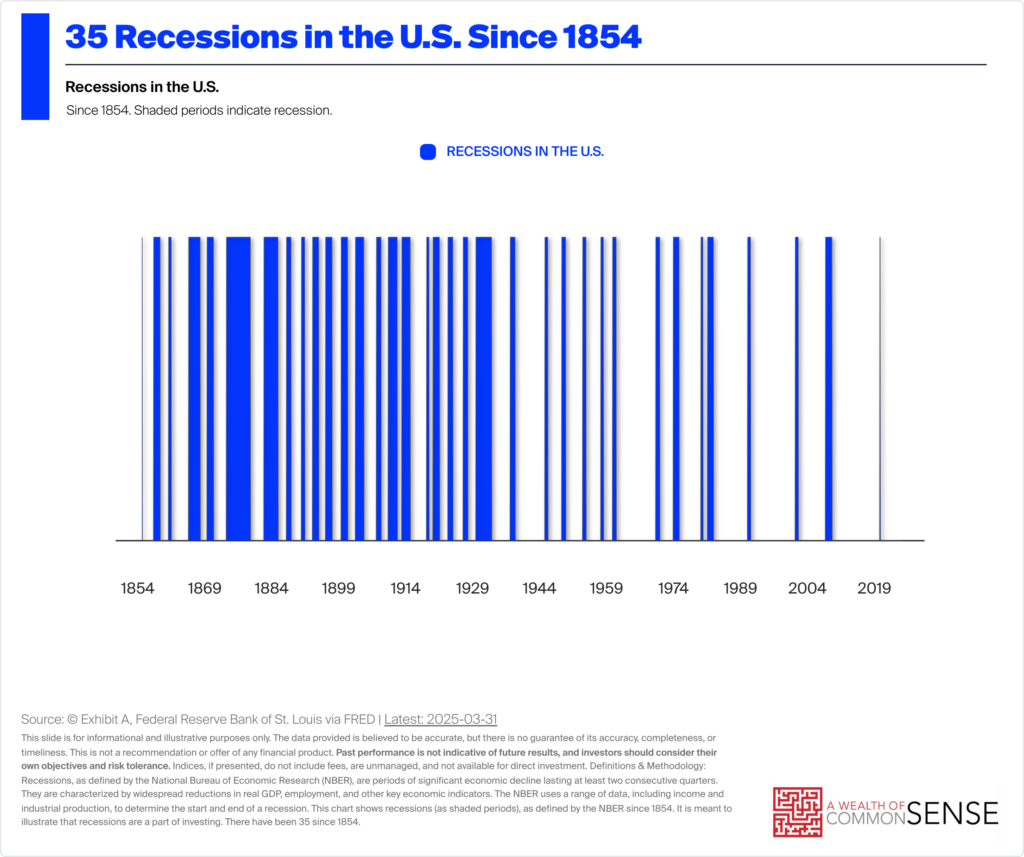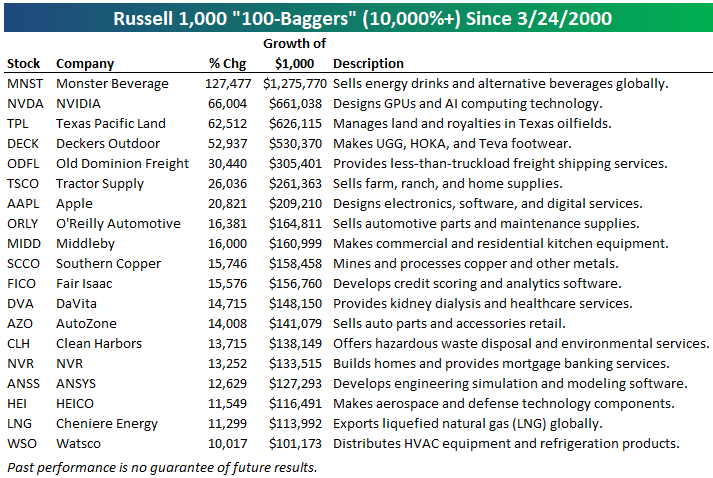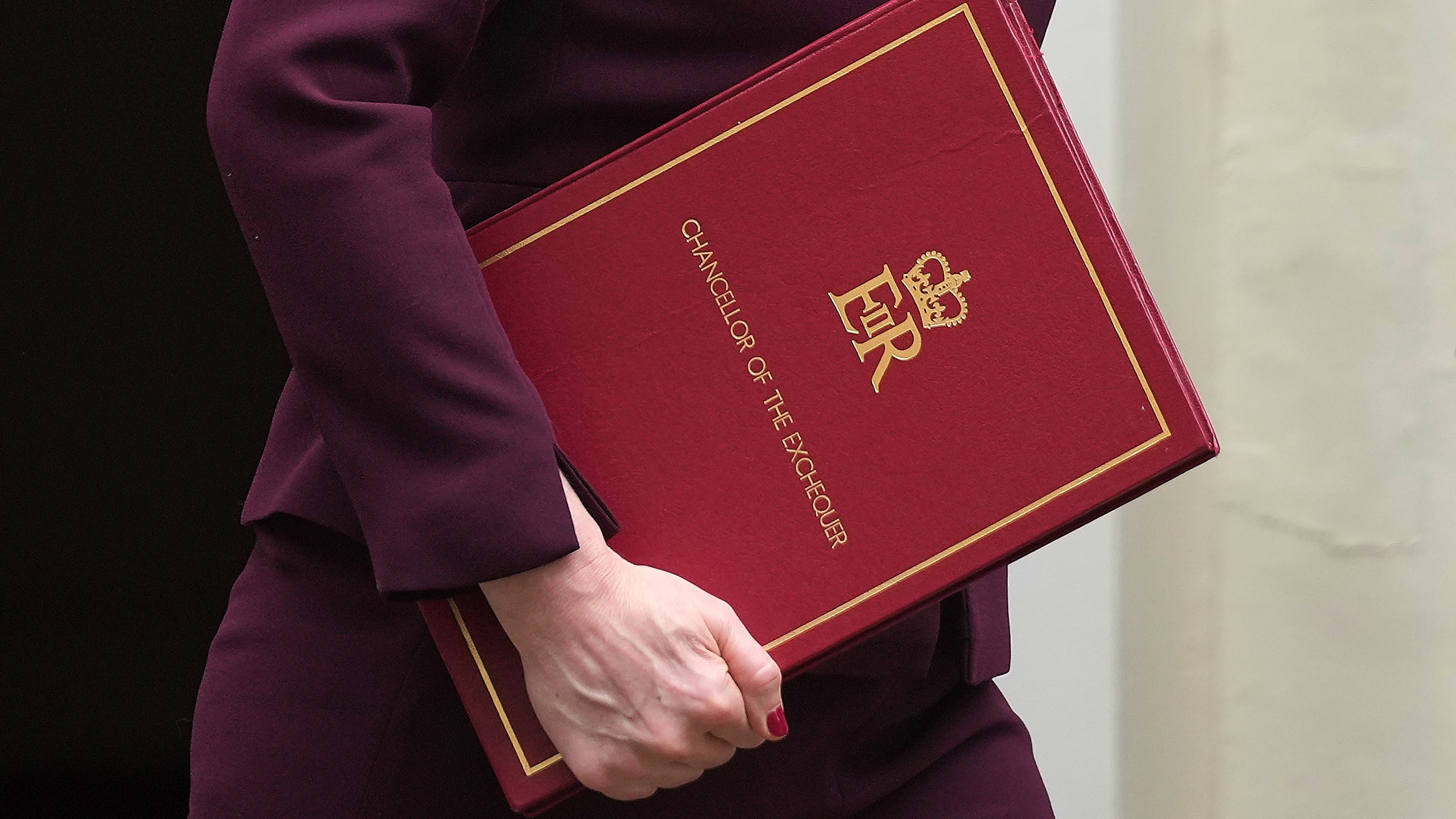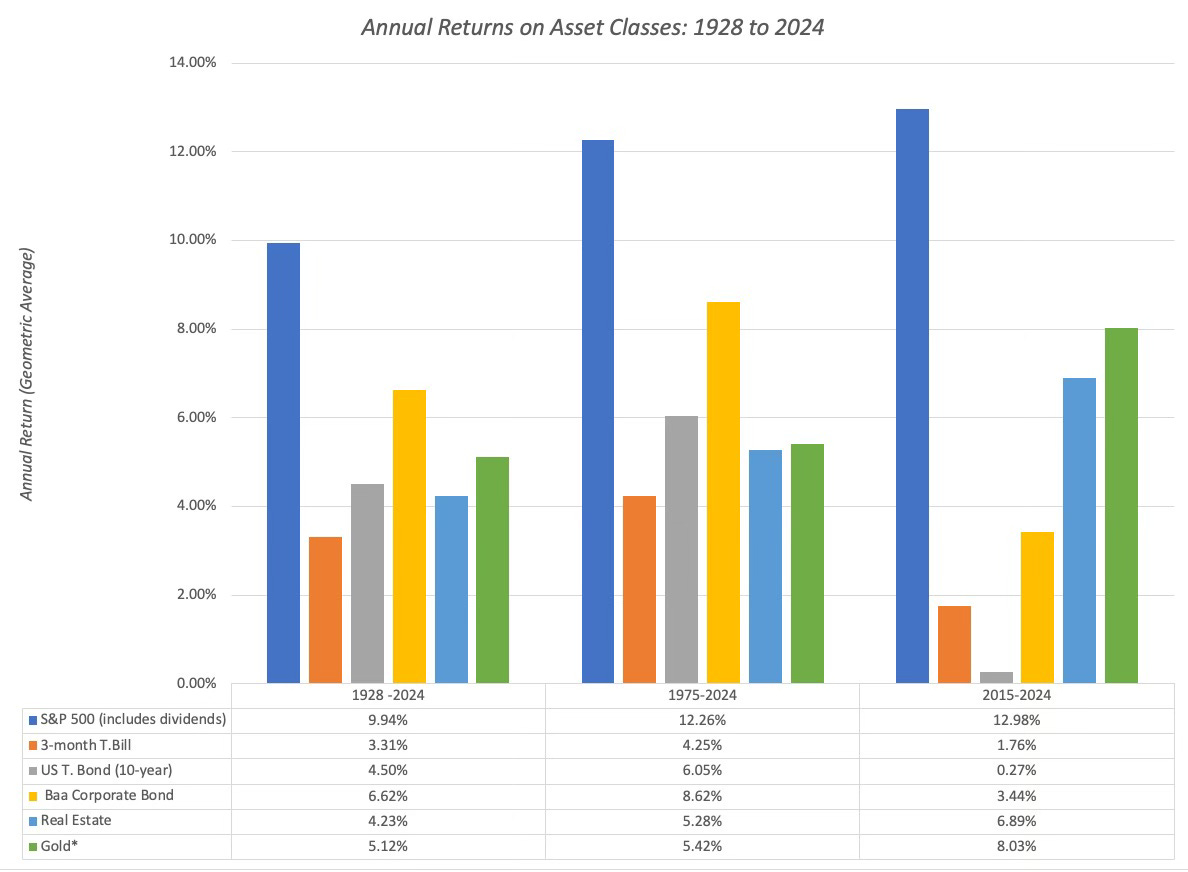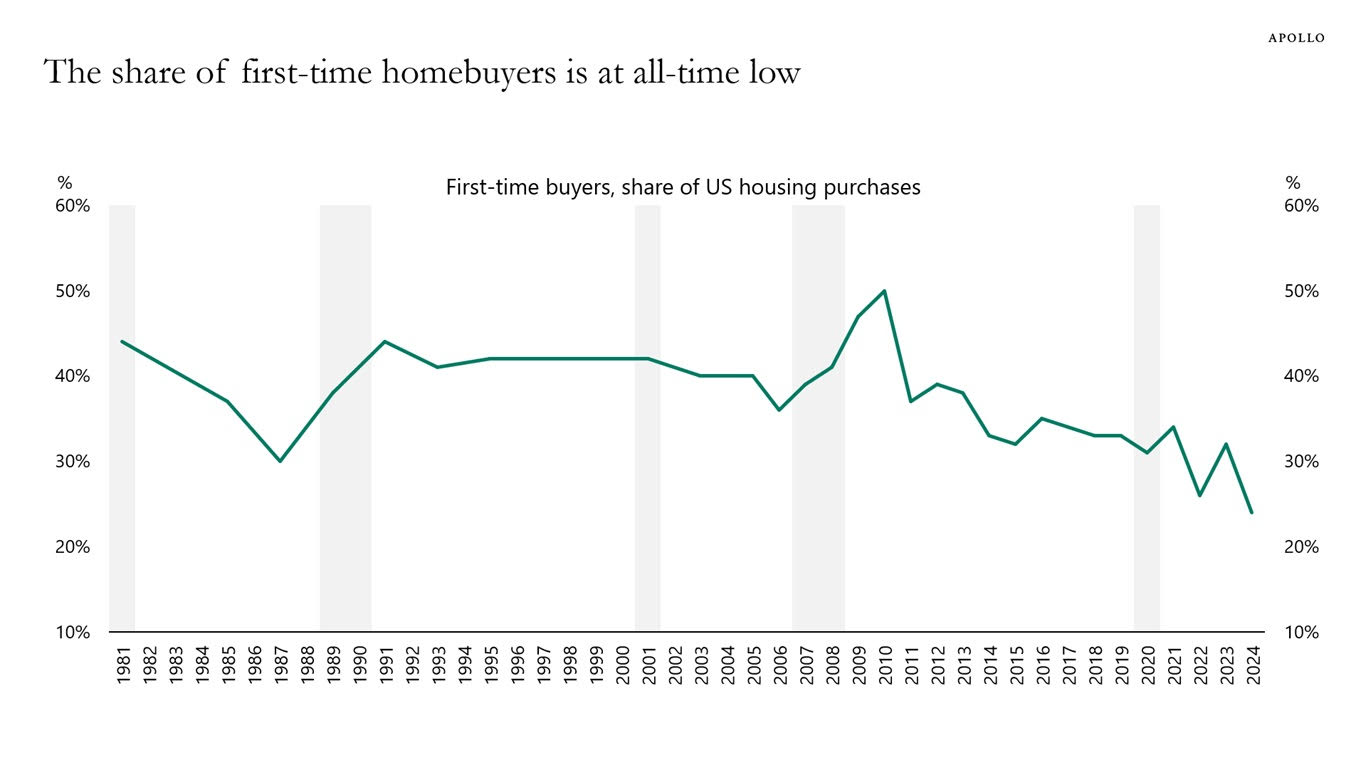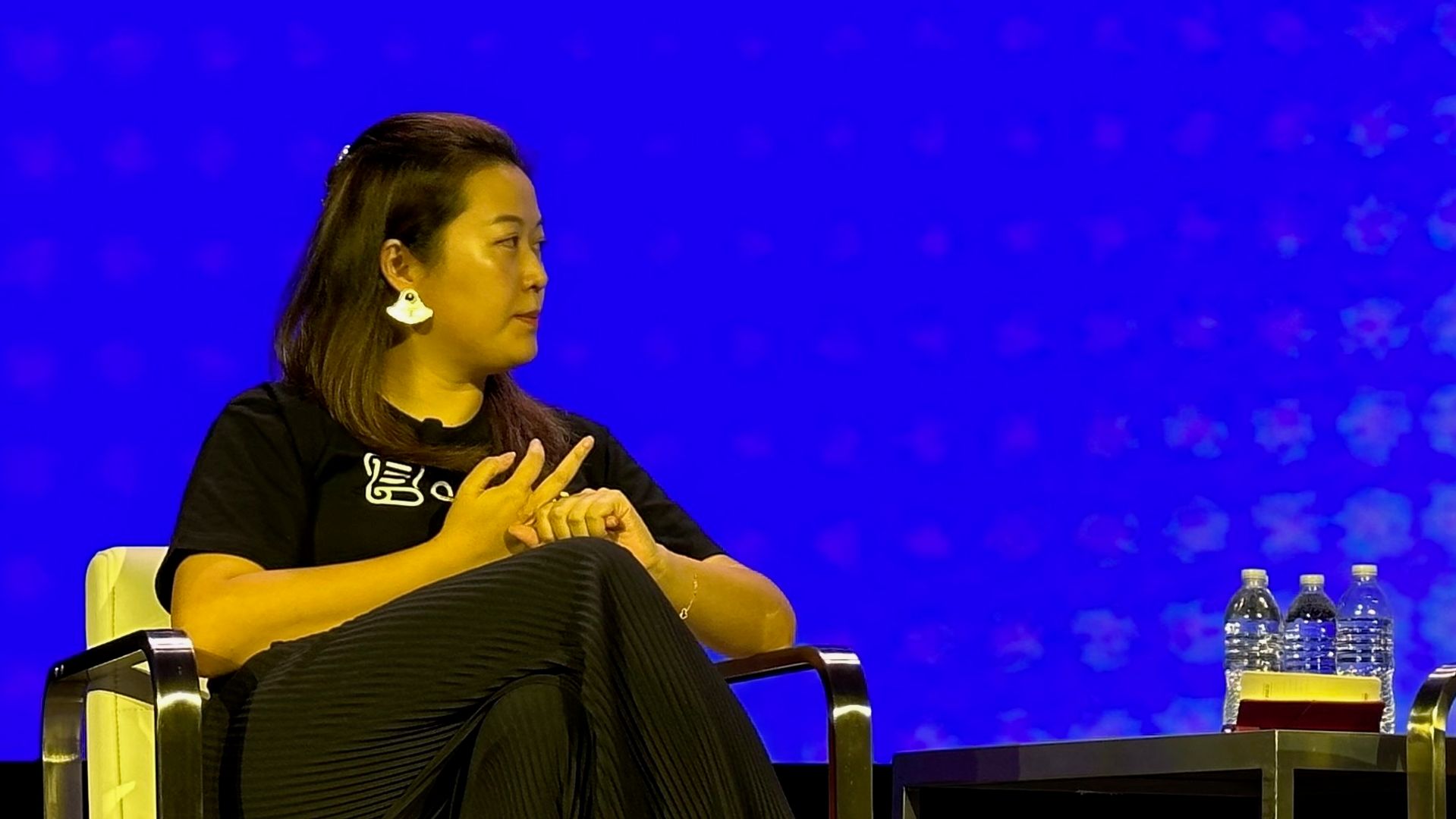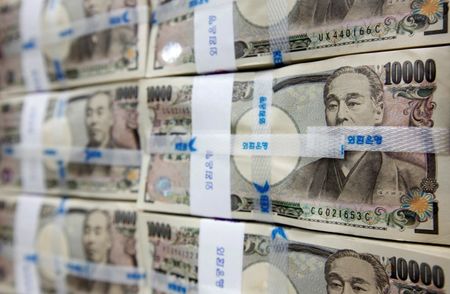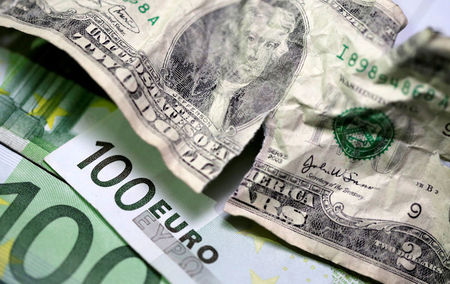RTX warns of potential $850M hit from Trump tariffs as defense companies grapple with fallout of rising costs
“It's not a panacea for all things tariff,” RTX CEO Christopher Calio told investors Tuesday.

Defense contractor RTX said on Tuesday that its operating profit may take a $850 million hit this year due to the Trump tariffs, one of the first warnings about how the president’s approach to global trade could challenge U.S. weapons manufacturers.
In a presentation for investors as part of its Q1 earnings report on Tuesday, RTX forecast that the combined tariffs on goods from Canada and Mexico could cost the company around $250 million in operating profit, and that duties on China imports would cost the same. Global reciprocal tariffs may lead to a $300 million hit in operating profit, and steel and aluminum tariffs could lead to a $50 million hit, the company said.
“The industry has been used to a duty-free environment,” RTX CEO Christopher Calio told investors on the company’s earnings call. “All of us have had to come up with different sort of processes and protocols to avail ourselves of these mitigations that we've talked about. And so again, we want to stay locked tight with our supply base to make sure we know how to do this and we keep parts flowing.”
Trump announced the new tariff regime earlier this month—imposing 145% duties on Chinese imports, 25% tariffs on imports from Mexico and Canada, and 25% duties on all steel and aluminum, among others. While Trump later imposed a 90-day pause on several of the tariffs, the Chinese tariffs and auto imports are still standing (though Trump hinted this week that he may reduce the China tariffs), and China has imposed its own retaliatory tariffs on U.S. goods in response.
The tariffs have led to a drop in the U.S. stock market and forced companies across industries to adjust their projections and models. RTX’s earnings show the extent to which these duties may impact some of the most important suppliers to the U.S. military, as RTX is a key supplier of radar systems, missiles, and defense aircraft engines.
Tariffs aside, however, RTX had a strong quarter, and beat analyst expectations, as the European Union prepares to up its weapons budget by more than $800 billion. The Arlington, VA-based defense contractor, a Fortune 500 company, posted $20.3 billion in sales in the first quarter, up 5% from 2024. Net income was $1.5 billion, up 10% from the year-ago period. Even so, RTX shares fell Tuesday to $113.75, down 9.81%, though they regained some ground on Wednesday morning.
RTX, formerly known as Raytheon Technologies, said there are some mitigations to the tariffs. For example, the United States–Mexico–Canada Agreement, a free trade agreement still in place between the three countries, will help reduce some of the duties that RTX is subject to, RTX CFO Neil Mitchill said on the call. There is also a military duty-free option the company will be able to take advantage of, he said. The $850 million impact, however, already took that into consideration, Mitchill specified.
The tariffs come as defense companies are also dealing with rising manufacturing costs. Contractors have faced significant price increases for essential raw materials and labor. RTX competitor Northrop Grumman said during its quarterly earnings call on Tuesday that it would pile on an additional $477 million in pretax losses for its B-21 bomber over the course of the program for the five low-rate initial production aircraft it is making for the Air Force. The losses were, in part, due to more expensive materials, though Northrop Grumman said much of the higher manufacturing costs were also due to changes it made to its program with the Air Force.
RTX CEO Calio said that it would be able to pass some of the costs from the tariffs down to its customers–which it’s had experience doing since the pandemic. But he said “you have to be balanced.”
“It's not a panacea for all things tariff,” he said.
This story was originally featured on Fortune.com





